‘Boris Johnson’s imperial units piffle is a dumbshow’
Your digest of analysis from the British and international press
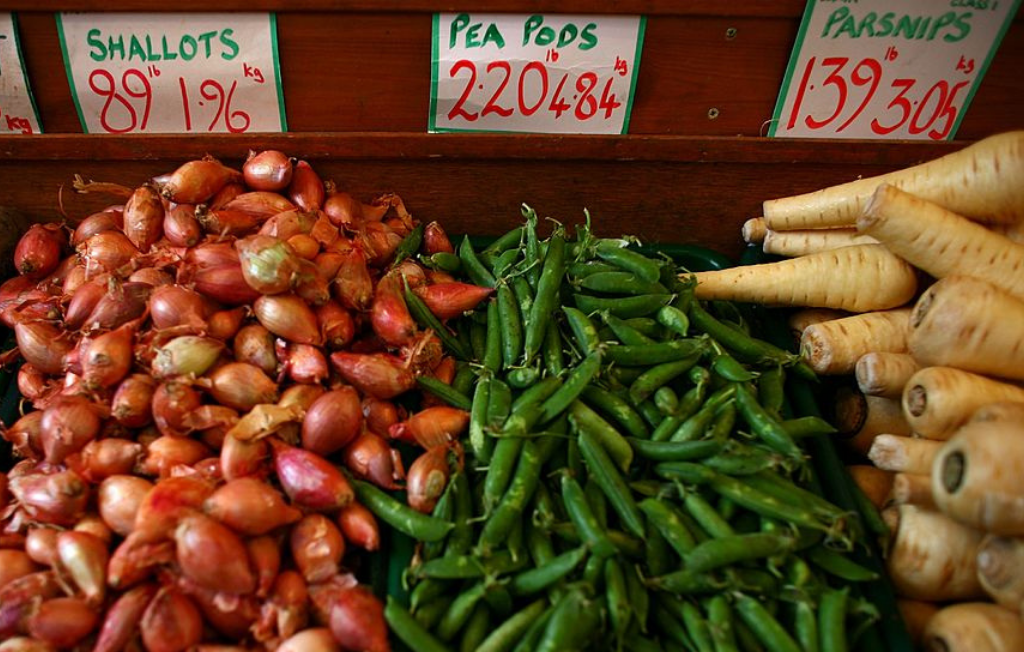
- 1. Boris Johnson’s move to bring back imperial units is pure piffle – and simply unfathomable
- 2. I hope my son will inherit the Queen’s kindness
- 3. Criticising the government isn’t journalistic bias – it goes with the job
- 4. Looks fade, sex dwindles – laughter is the most important thing in any marriage
- 5. Fears that China has become ‘uninvestible’ are overblown – it is not Russia
A free daily email with the biggest news stories of the day – and the best features from TheWeek.com
You are now subscribed
Your newsletter sign-up was successful
1. Boris Johnson’s move to bring back imperial units is pure piffle – and simply unfathomable
James Vincent in The Guardian
on weighing up
“From a political perspective,” James Vincent thinks it is “an odd choice” for Boris Johnson to start “a fight between metric and imperial units of measurement”. It’s “obviously pure piffle”, the author and journalist writes in The Guardian, “a dumbshow designed to placate (or at least entertain) the conservative base while distracting and antagonising rivals”. But “knowingly or not”, the prime minister has “tapped in to a long and wild history” that “encompasses xenophobia, pseudoscience and fears over lost political sovereignty”. The metric system is “entwined” with the end of the French monarchy and “anti-metric campaigners” highlighted that the units were “the product of atheist revolutionaries and – worst of all – foreign”. Yes, “there are obvious reasons to cherish and respect imperial units of measure”, but “touting” their so-called “‘return’” is “just disastrously retrograde”. By stoking the debate, the Conservatives have “certainly keyed in to an emotive and overlooked aspect of our history”.
The Week
Escape your echo chamber. Get the facts behind the news, plus analysis from multiple perspectives.

Sign up for The Week's Free Newsletters
From our morning news briefing to a weekly Good News Newsletter, get the best of The Week delivered directly to your inbox.
From our morning news briefing to a weekly Good News Newsletter, get the best of The Week delivered directly to your inbox.
2. I hope my son will inherit the Queen’s kindness
HRH Princess Eugenie in The Spectator
on a royal role model
The UK is celebrating a “magnificent woman” this year, writes Princess Eugenie in The Spectator. The Queen is “an incomparable monarch”, and this writer is “a very proud granddaughter”. During the 2012 Jubilee celebrations, Eugenie recalls the Thames regatta, and, specifically, “seeing my grannie and grandpa standing for eight hours in the rain, waving and smiling, and keeping the family and the nation moving forward like they had done for so many years”. The Princess says: “Seventy years is really quite something, isn’t it?” This weekend’s celebrations are “a testimony to a woman who has transcended time” and “been a rock for so many”. Eugenie says she would “love” her son, August, to have her grandmother’s “patience, her calmness, her kindness, while always being able to laugh at himself and keep a twinkle in his eye”.
A free daily email with the biggest news stories of the day – and the best features from TheWeek.com
3. Criticising the government isn’t journalistic bias – it goes with the job
Annette Dittert in The New Statesman
on an implication of impartiality
“With every passing day”, Johnson’s government “chips away further at Britain’s democratic foundations while much of the media, rather than calling foul, goes along with the game”, writes Annette Dittert in The New Statesman. In doing so, the media “thus normalises – consciously or not – the gradual erosion of fundamental ethical and constitutional norms in the UK”. Dittert says “all hell broke loose” when she expressed this view on Twitter. She was accused of being biased, and told that she had “failed to maintain the necessary ‘impartiality’” of a correspondent for a public-service broadcaster in Germany. This criticism comes down to the idea “that publicly funded outlets should not be able to directly criticise the government – when, of course, the complete opposite is the case”. Dittert says “a mendacious prime minister, of course, is an existential threat not only to its country, but also to its journalism.” In those cases, an outsider’s view “might even be helpful”.
4. Looks fade, sex dwindles – laughter is the most important thing in any marriage
Julie Cook in the Metro
on getting the giggles
Julie Cook let out a scream “when a creature in an electric-blue wig” crashed into her bedroom the other day, she writes at Metro. First she thought it was “a rabid killer clown”, before realising it was her husband, “beneath the blue wig, giggling like a lunatic on the floor”. “He’d wanted to come up the stairs in it – it’s one of my daughter’s dress-up wigs – on his knees and pretend to be her. Instead, he’d tripped on the final stair and had come careering in through the door, ending up in a heap on the carpet.” Cook says: “I laughed so hard I thought I’d cracked a rib”. Her husband makes her laugh “at least once a day”, she continues – “I don’t mean a polite smile or a giggle. I mean properly laugh until my tummy aches.” This writer says she rarely sees some other couples do the same. “They seem to tolerate each other if anything.” When couples start dating, “looks and sex are often the top two priorities”. Things may have changed for her and her husband over time, but humour has “remained a constant”. A sense of humour “is forever”.
5. Fears that China has become ‘uninvestible’ are overblown – it is not Russia
Aidan Yao in The South China Morning Post
on market movements
“A confluence of adverse forces has made investing in China challenging in the past 15 months,” writes Aidan Yao in The South China Morning Post. “Confidence has depleted, so much so that some investors have started to question the investment potential” of China’s markets. The Chinese market is “in a difficult spot, plagued by the pandemic, property market woes and high energy prices” – but it is “questionable” how long those factors will last, and if “they will inflict damages on China’s long-term growth outlook”. Regulatory and policy uncertainty appears to Yao as “the dominant source of investors’ angst”, and “fortunately”, policymakers have “started to grasp the issue”. The policy cycle may, in fact, “present an interesting opportunity for long-term investors to start gradually rebuilding China exposure from their large underweight positions”.
-
 Political cartoons for February 19
Political cartoons for February 19Cartoons Thursday’s political cartoons include a suspicious package, a piece of the cake, and more
-
 The Gallivant: style and charm steps from Camber Sands
The Gallivant: style and charm steps from Camber SandsThe Week Recommends Nestled behind the dunes, this luxury hotel is a great place to hunker down and get cosy
-
 The President’s Cake: ‘sweet tragedy’ about a little girl on a baking mission in Iraq
The President’s Cake: ‘sweet tragedy’ about a little girl on a baking mission in IraqThe Week Recommends Charming debut from Hasan Hadi is filled with ‘vivid characters’
-
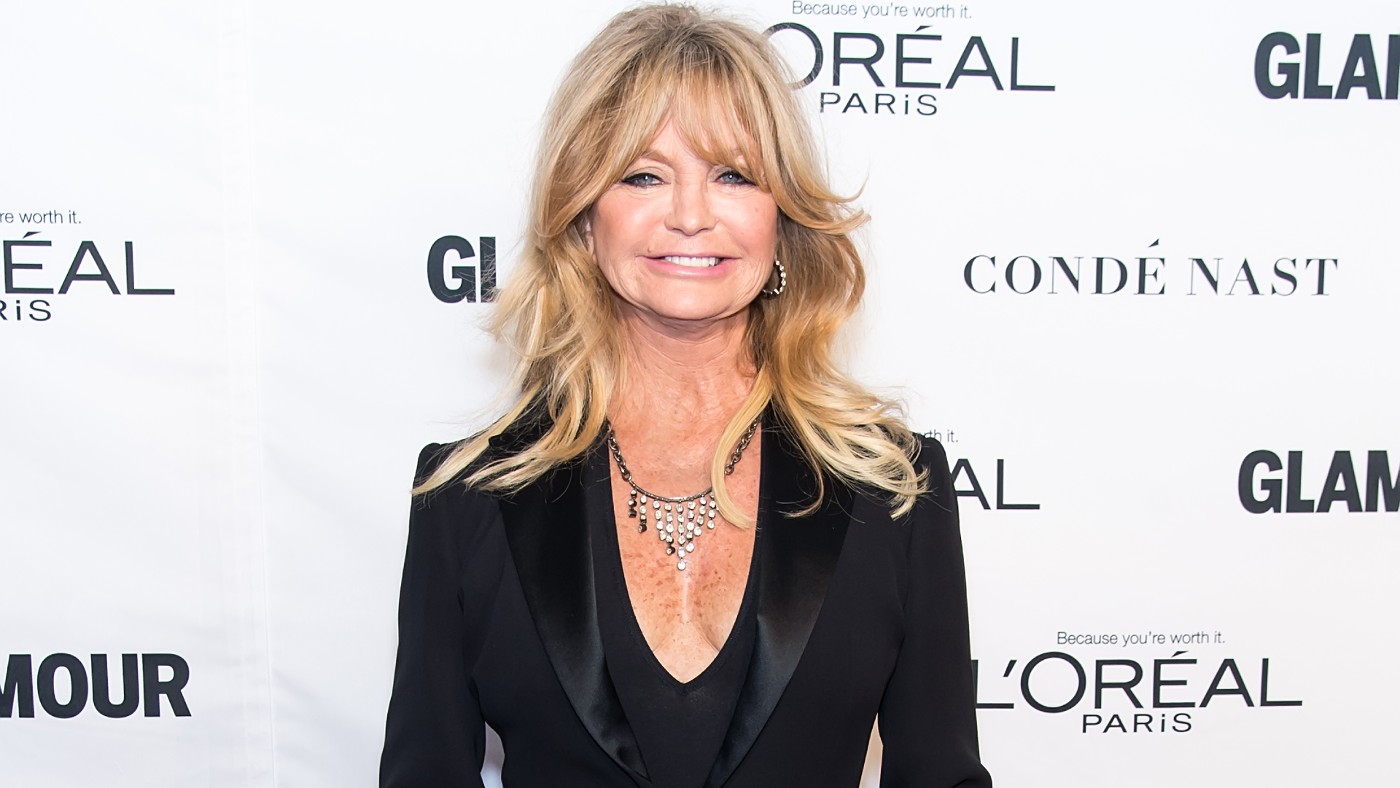 Triangle-headed aliens touched Goldie Hawn
Triangle-headed aliens touched Goldie HawnTall Tales And other stories from the stranger side of life
-
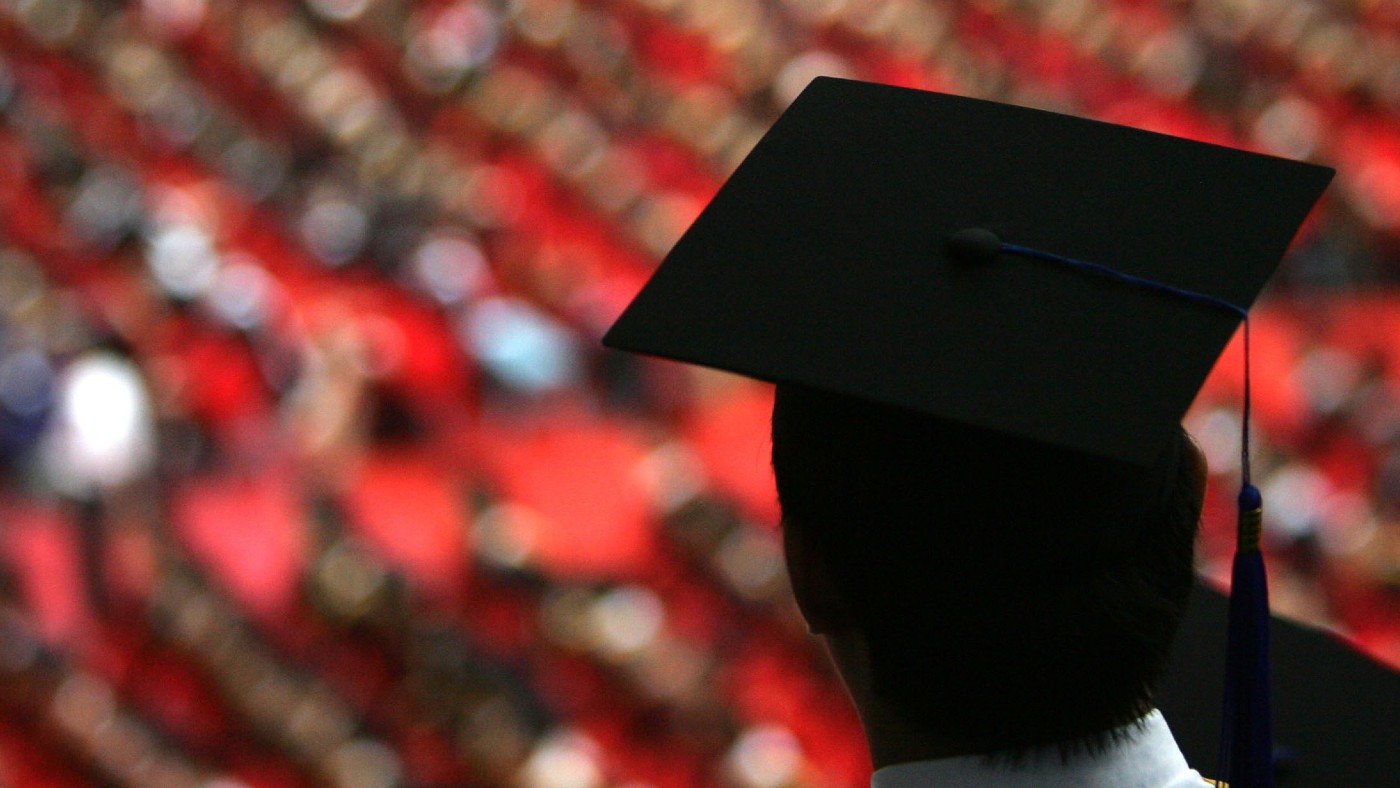 China’s ‘sluggish’ economy: squeezing the middle classes
China’s ‘sluggish’ economy: squeezing the middle classesfeature Reports of the death of the Chinese economy may be greatly exaggerated say analysts
-
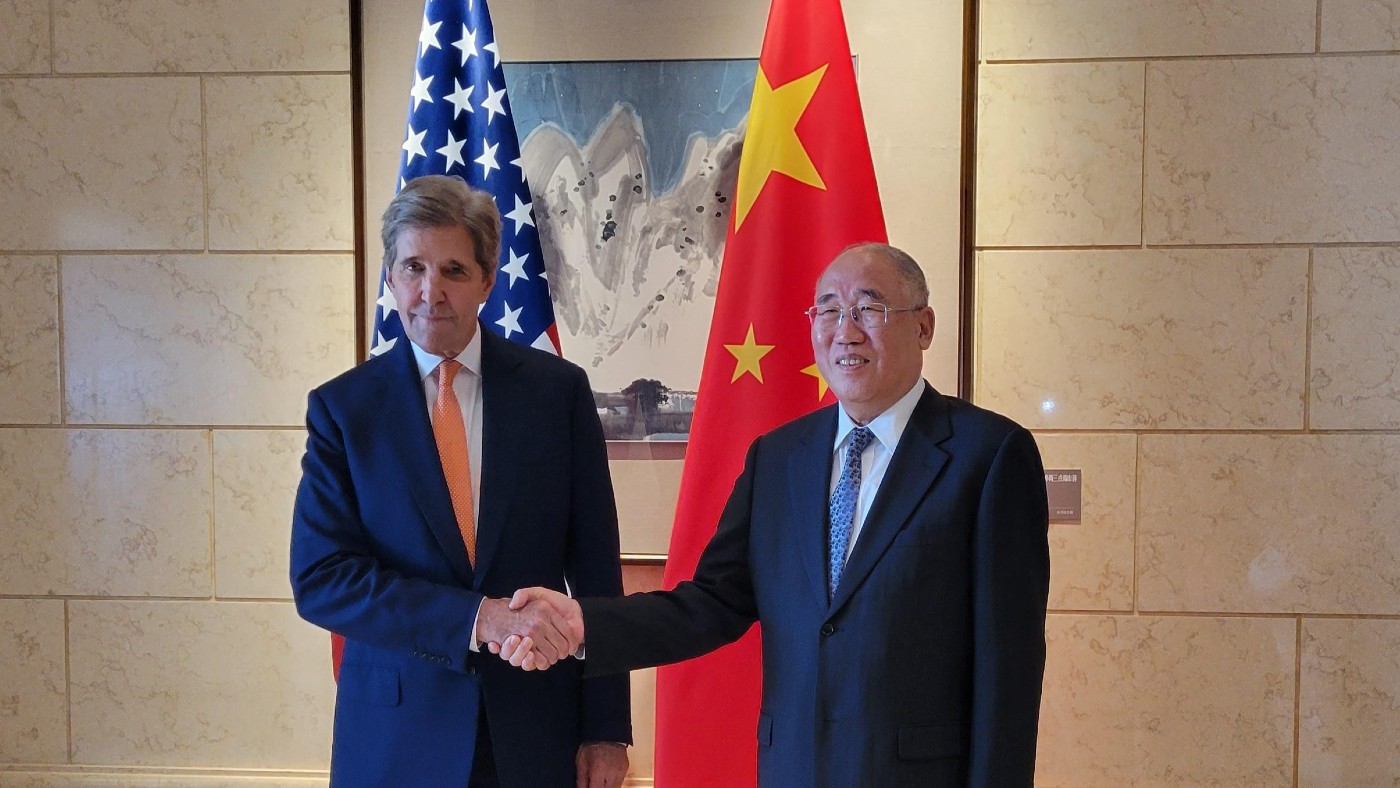 John Kerry in Beijing: how red China is turning green
John Kerry in Beijing: how red China is turning greenfeature Climate talks set to resume between Washington and Beijing this week
-
 Boris Johnson shocks UK by resigning from Parliament
Boris Johnson shocks UK by resigning from ParliamentSpeed Read
-
 Bees delay flight for three hours
Bees delay flight for three hoursfeature And other stories from the stranger side of life
-
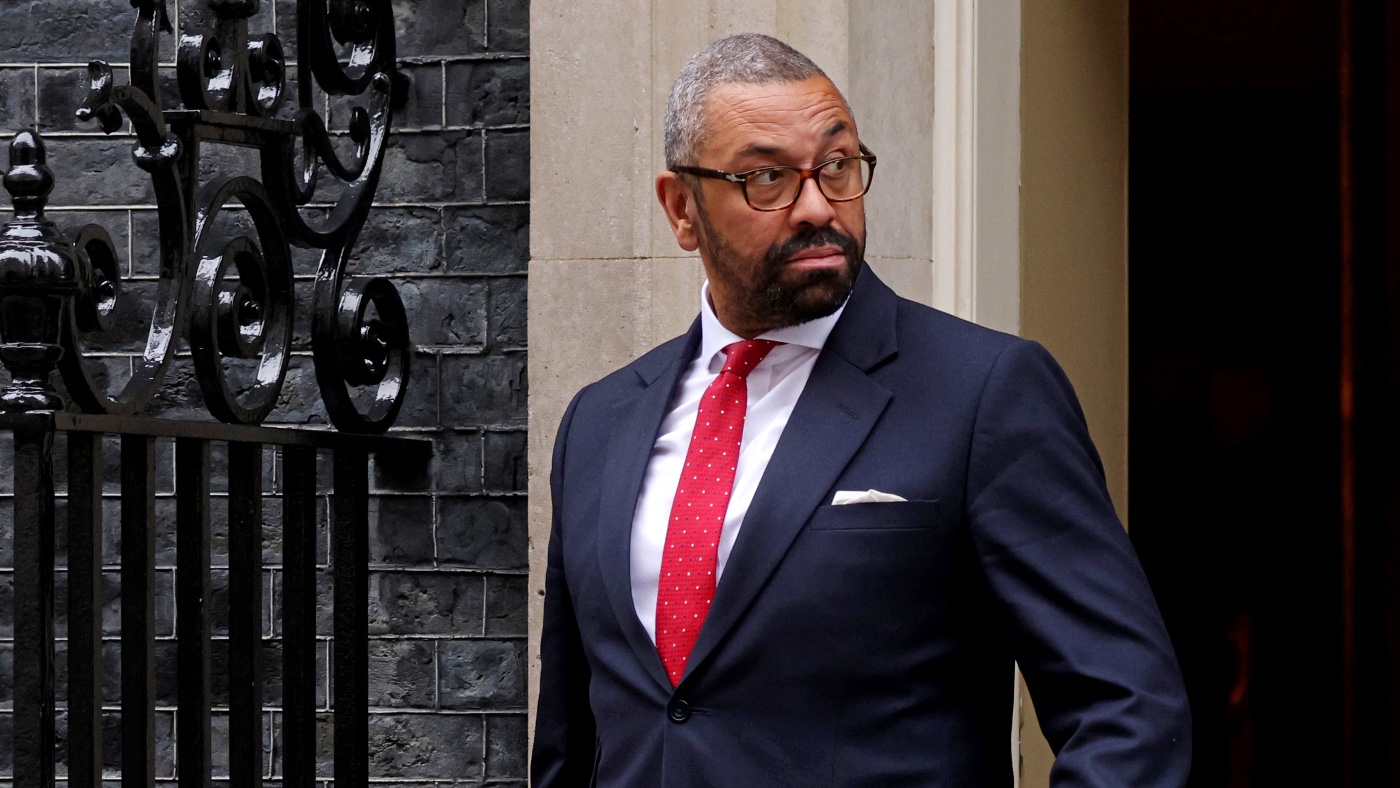 China: the new rules of engagement for Britain
China: the new rules of engagement for BritainTalking Point Foreign Secretary James Cleverly has rejected claims UK should limit Chinese cooperation and dependence
-
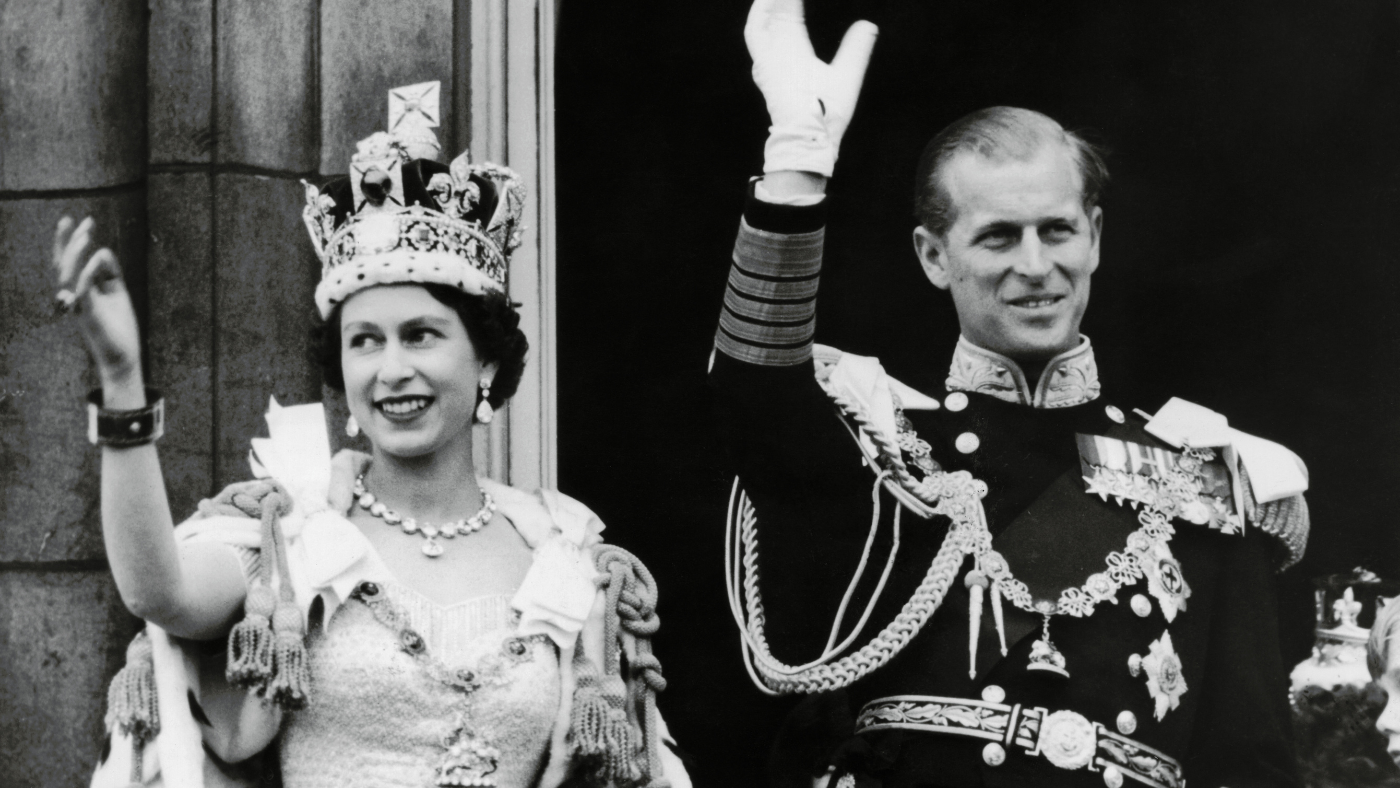 Toilet paper was stolen from Queen’s coronation
Toilet paper was stolen from Queen’s coronationfeature And other stories from the stranger side of life
-
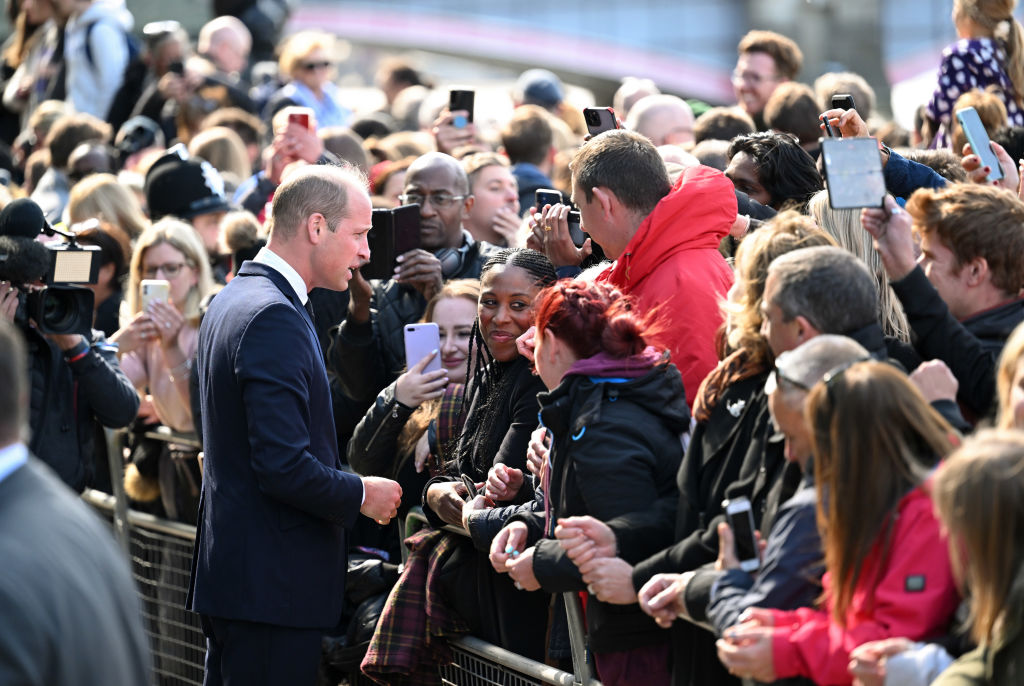 King Charles, Prince William visit those in line for the queen
King Charles, Prince William visit those in line for the queenSpeed Read